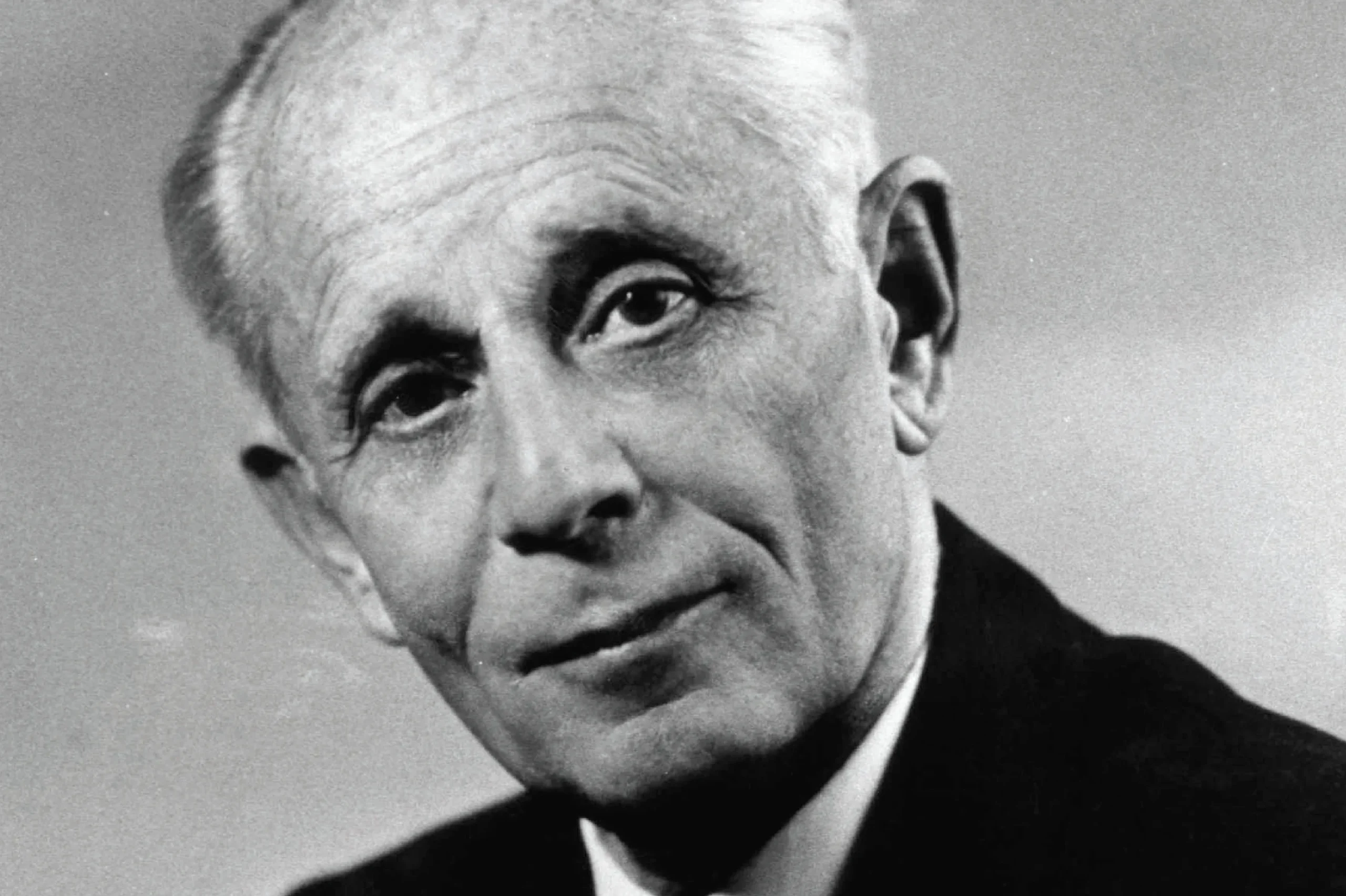Hans Hugo Bruno Selye was a Austro-Hungarian scientist, considered to be one of the pioneers of endocrinology.
Early life
Hans Hugo Bruno Selye was born on January 26, 1907, in Vienna, Austro-Hungaria at the time. He grew up in Komaron in Hungary where a Language College bears his name.
Education
Hans Salye became a Doctor of Medicine and Chemistry in Prague, afterwards he went to Johns Hopkins University and then McGill University in Montreal.
Achievements
Salye became know world wide for his discovery of stress syndrome. During his research conducted on animal subjects, Salye found out that every time he would inject the test subject with extracts of various organs which caused some symptomatic behavior. At first he was convinced that he discovered what would seem to be a new type of hormone but that thesis was later proven wrong when he noticed that any type of substance he would inject caused the same syndrome. While inspecting this peculiar phenomenon, Salye drew a comparison between what he was witnessing and the fact that most patients diagnosed with different diseases have the same syndromes. This led Salye to invent what he initially called “noxious agents”. Later on he would coin the term “stress”. Through his research he was able to distinct two different types of stress, the positive “eustress” and negative “distress”.
Later life
After discovering stress, Hans Selye commited his proffesional career to research of stress. He worked as a professor and director of the Institute of Experimental Medicine and Surgery at the University of Montreal. In 1975 and 1979 respectively, Dr. Selye and Arthur Antille founded the Hans Selye Foundation, while Dr.Selye and eight Nobel Laureates founded the Canadian Institute of Stress.
Hans Selye quotes
“Adopting the right attitude can convert a negative stress into a positive one.”
“Man should not try to avoid stress any more than he would shun food, love or exercise.”
“Its not stress that kills us, it is our reaction to it.”
“Fight for your highest attainable aim/ But never put up resistance in vain.”

